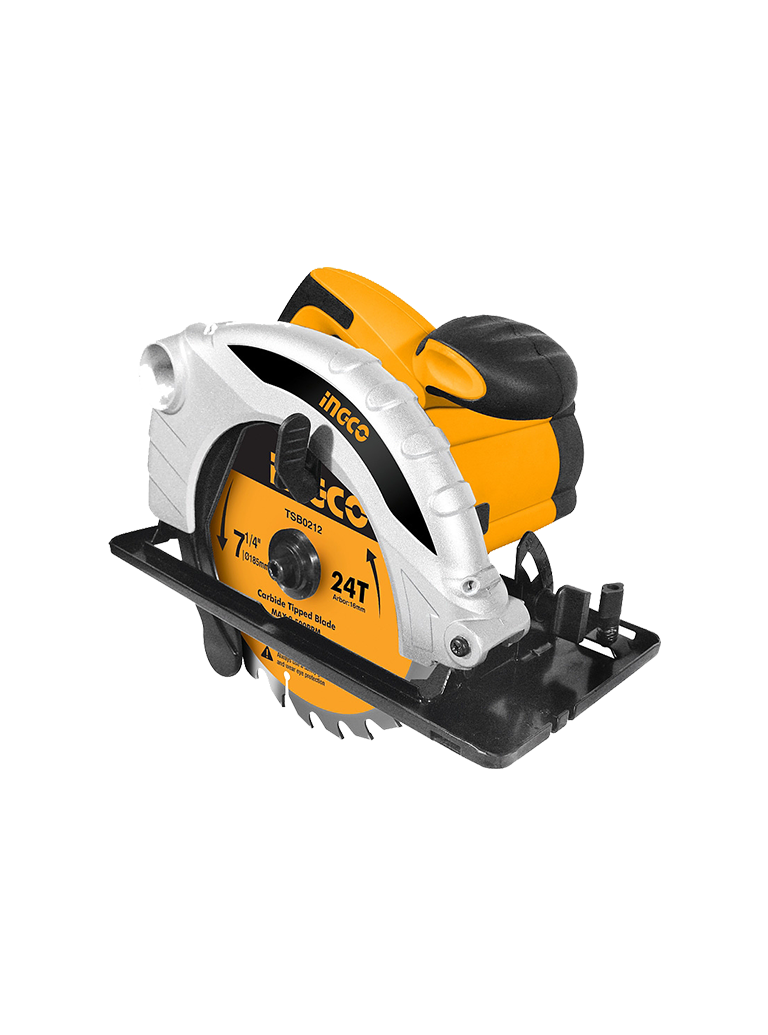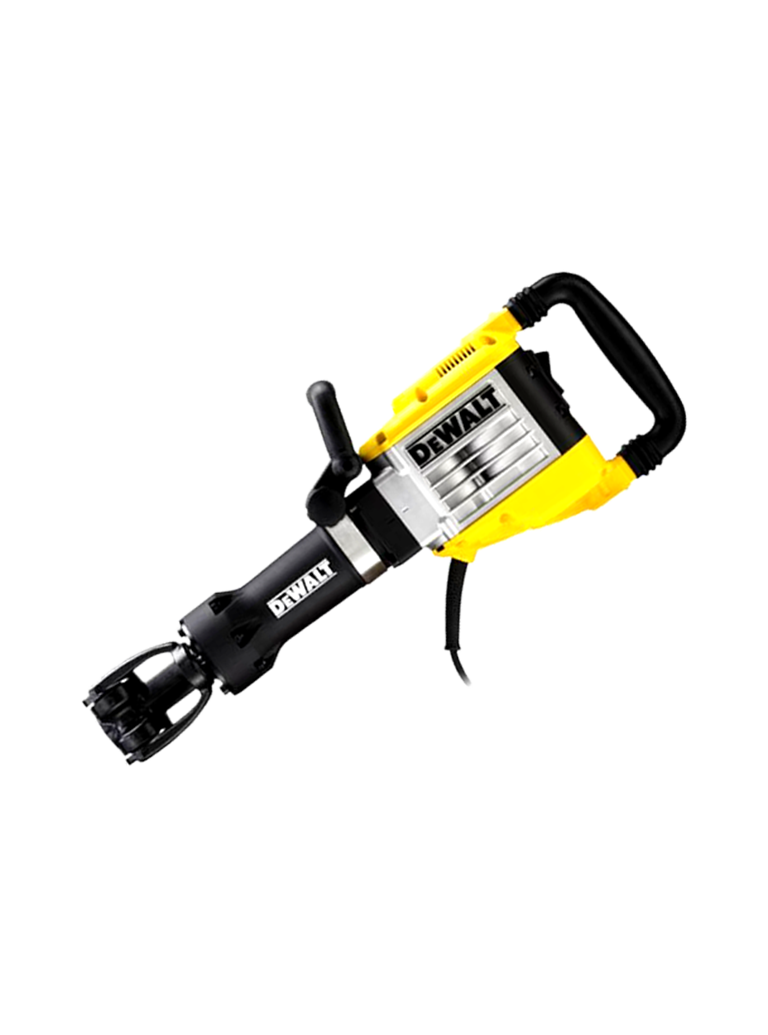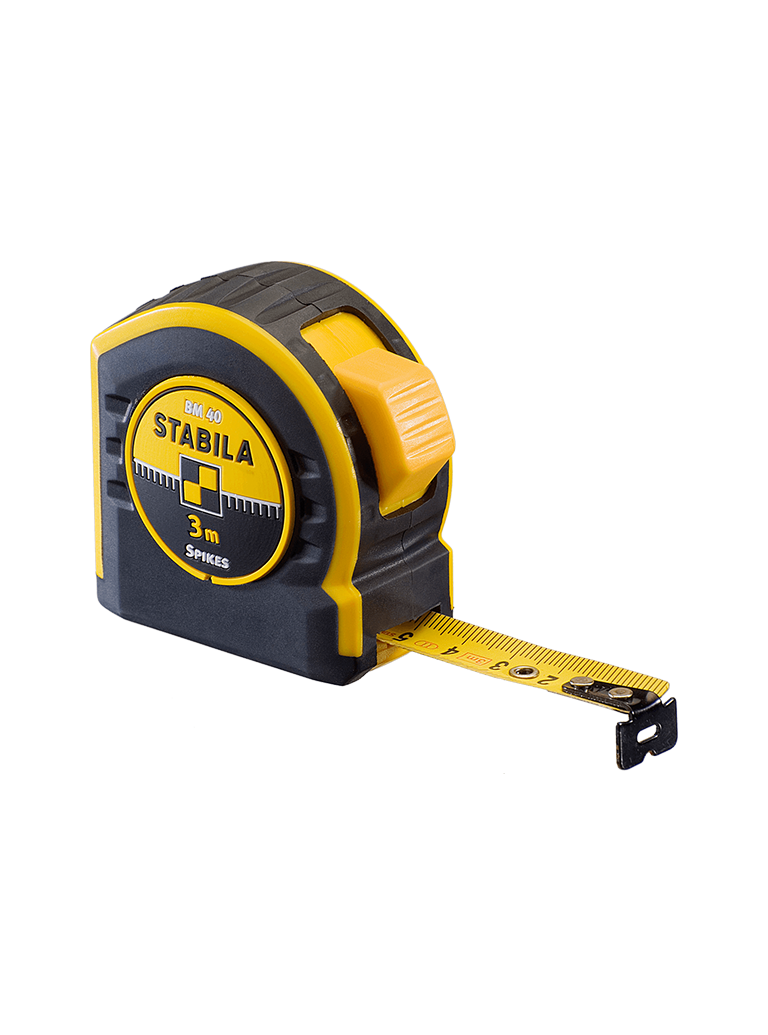Introduction
Abrasive materials are essential in workshops to provide precise cuts, flawless finishes, and superior outcomes. Whether you work in Delhi or Lucknow, choosing the correct abrasive may guarantee professional results, improve productivity, and streamline your workflow. With this guidance, choosing the best abrasive for your particular needs is considerably simpler.
Table of Contents
- What Are Abrasives?
- Types of Abrasives
- Factors to Consider When Selecting Abrasives
- Applications of Abrasives
- Maintenance Tips for Abrasives
- Frequently Asked Questions
- Conclusion
What Are Abrasives?
Abrasives are tools or materials used for surface grinding, polishing, or cleaning. They help to remove unwanted material, smooth surfaces, and prepare surfaces for further processing.
- Cutting: Dividing or shaping materials with precision.
- Smoothing: Refining surfaces for a polished look.
- Grinding: Removing excess material effectively.
- Buffing: Creating a high-gloss finish.
Types of Abrasives
| Type | Description | Common Uses |
|---|---|---|
| Natural | Made from naturally occurring substances like quartz and diamond. | Polishing, fine detailing |
| Synthetic | Includes materials like silicon carbide and aluminum oxide. | Grinding, heavy-duty tasks |
| Coated | Abrasives bonded to flexible backings like paper or fabric. | Sanding, surface preparation |
| Bonded | Abrasives held together with binders, forming wheels or blocks. | Grinding, sharpening |
| Superabrasives | Advanced materials such as cubic boron nitride for industrial applications. | Precision work |
Factors to Consider When Selecting Abrasives
- Workpiece Material:
- Wood: Use coated abrasives for sanding.
- Metal: Bonded abrasives are ideal for grinding and shaping.
- Ceramics and Glass: Superabrasives offer precision.
- Grit Size:
- Coarse (40-60): Removes material quickly.
- Medium (80-120): Suitable for smoothing surfaces.
- Fine (150-240): Provides a polished finish.
- Durability: Choose durable options for frequent and intensive use.
- Compatibility: Ensure the abrasive fits the tools you use, such as pneumatic tools, sanders, or grinders. Visit SPS Pneumatic Tools for options.
Applications of Abrasives
Many different industries make extensive use of abrasives, including:
- Metalworking: Cutting, grinding, and polishing metal parts.
- Woodworking: Sanding and refining wooden surfaces.
- Automotive: Refinishing and detailing vehicle components.
- Construction: Preparing concrete or stone for finishing.
Maintenance Tips for Abrasives
Proper care prolongs the life and performance of abrasives.
- Clean Regularly: Remove residue and debris after use.
- Store Properly: Keep abrasives in a cool, dry environment.
- Inspect Tools: Check for wear and tear before every use.
- Observe the Guidelines: Follow the manufacturer's instructions when using abrasives.
Frequently Asked Questions
- How can I choose the ideal abrasive for my project? Think about the material you are working with, the equipment you have, and the desired finish. While coated abrasives are great for general sanding, bonded abrasives perform better for grinding.
- Can I reuse abrasives? Sanding belts are one example of an abrasive that can be reused with proper cleaning.
- Where can I find quality abrasives in Lucknow and Delhi? SPS Pneumatic Tools sells premium abrasives and associated equipment.
Conclusion
For your workshop in Lucknow or Delhi, choosing the appropriate abrasive is essential to getting the best results. You may improve quality and productivity by taking into account elements like material, grit size, and tool compatibility. For premium abrasives and tools, visit SPS Pneumatic Tools today.




